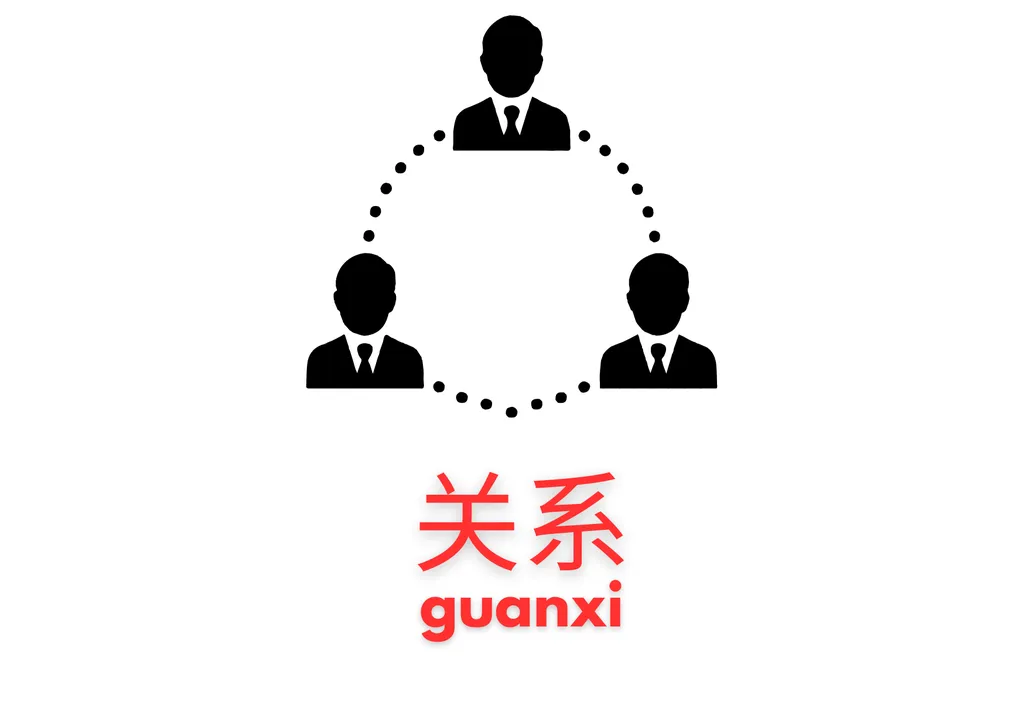In the intricate world of global logistics and supply chain management, a new study is shedding light on the often-overlooked role of interpersonal relationships, particularly in the context of Chinese business practices. Veslav Kuranovič, from the Department of Logistics and Transport Management at Vilnius Gediminas Technical University, has published a compelling analysis in the journal *Promet – Traffic&Transportation* (Zagreb), exploring how the concept of “guanxi”—a Chinese term denoting complex interpersonal relationships—can influence transport logistics and value chain efficiency.
Kuranovič’s research delves into the nuances of negotiation and relationship management within the logistics market, particularly in the context of international cooperation. By applying empirical ANOVA (Analysis of Variance) techniques, the study examines how different behavioral characteristics during negotiations can impact the overall efficiency of the transport supply chain. The findings are particularly relevant for industries reliant on complex supply chains, including the energy sector, where logistics and transport management can significantly affect operational costs and timelines.
One of the most striking findings is the emphasis on building and maintaining formal relationships with business partners. “Self-interest is the least desired characteristic in negotiation management,” Kuranovič notes, highlighting the importance of long-term, close relationships in securing a competitive advantage. This insight is crucial for energy companies operating in international markets, where the ability to navigate cultural and business nuances can make or break a deal.
The study also reveals that negotiation strategies are statistically significantly related to the positions held by respondents, suggesting that role-specific training and cultural sensitivity could be key to improving transport management within the value chain. “The behavior of respondents towards business partners during negotiations in the logistics market is similar, regardless of gender, age, work experience, and education,” Kuranovič explains. This uniformity indicates that cultural practices, rather than individual differences, play a dominant role in shaping negotiation behaviors.
For the energy sector, these findings could translate into more effective supply chain management, reduced costs, and improved efficiency. By understanding and applying the principles of guanxi, energy companies can foster stronger, more productive relationships with their logistics partners, ultimately enhancing their competitive position in the global market.
Kuranovič’s research provides a holistic picture of how transport management improvements can positively affect the entire value chain. The study’s results can be extrapolated to other contexts, offering valuable guidelines for implementing transportation management in the value chain. As the energy sector continues to evolve, the insights from this research could shape future developments in logistics and supply chain management, emphasizing the importance of cultural understanding and relationship-building in achieving operational excellence.
In a field where efficiency and reliability are paramount, Kuranovič’s work serves as a reminder that the human element—often overshadowed by technological advancements—remains a critical factor in driving success. As the energy sector looks to optimize its supply chains, the lessons from this research could prove invaluable in navigating the complexities of international logistics and ensuring a competitive edge in an increasingly interconnected world.

